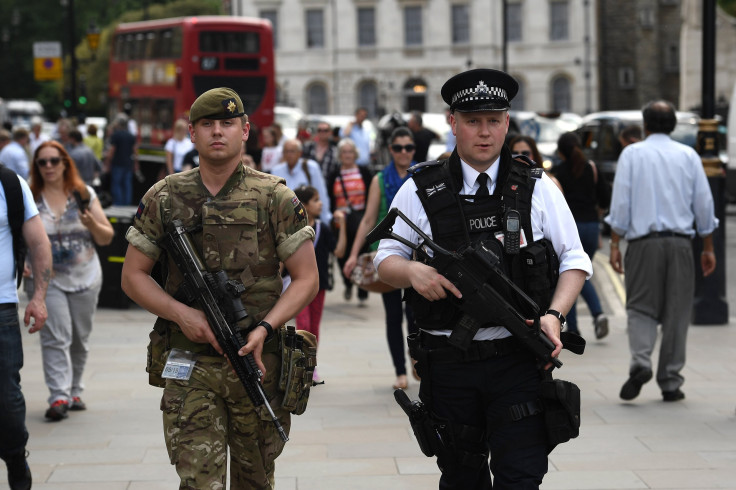How Manchester Bombing Accused Salman Abedi, A Drug-Addicted Dropout, Became ISIS Suicide Bomber

As investigators piece together links surrounding Manchester attacker Salman Abedi, shocking details about his transition from a cannabis-smoking university dropout to the Islamic State group (ISIS) suicide bomber have emerged.
A lonely childhood
Born to Libyan parents on New Year’s Eve in 1994, Abedi had a lonely childhood. His family fled their native country and moved to Manchester, England after becoming enemies of Muammar Gaddafi’s regime, BBC reported.
His family had spent four years in London before moving to Manchester where his father worked as a muezzin at a mosque in Didsbury. He had two sisters and a brother. He was the second of four children.
An educated bomber
Abedi attended Burnage Academy for Boys school, Manchester, from 2009 to 2011, after which he went to the Manchester College till 2013. He also went to University of Salford, Greater Manchester, in 2014. However, he dropped out of university and took up a job in a bakery, the report said.
He grew up a few miles away from the place where he detonated a suicide bomb and killed 22 people, mostly young girls who had gathered for singer Ariana Grande’s concert.
The 22-year-old Abedi was remembered as a “short-tempered” yet “fun guy” who drank alcohol and even smoked cannabis. He was also believed to have links with local gangs, before becoming too religious, Independent reported.
“He was an outgoing fun guy but since he went to Libya, he came back a different guy. He used to drink, smoke weed then all of a sudden he turned religious and I’ve not seen him since 2011,” a person who knew Abedi from school told Manchester Evening News.

Abedi’s radicalisation
A clue pointing towards Abedi’s possible radicalisation was the sudden appearance of a black flag on the roof of Abedi’s house on Elsemore Road. The flag had some Arabic words written on it.
“There was a black flag with Arabic writing on it on the roof for a bit, a few years ago,” Abedi’s neighbor told the BBC.
Motive behind the attack
Speaking with the Wall Street Journal, Jomana, Abedi's sister, said she thought her brother was driven to murder because he wanted revenge for "the explosives America drops on children in Syria."
"I think he saw children — Muslim children — dying everywhere, and wanted revenge," Jomana told the Wall Street Journal.
"He saw explosives America drops on children in Syria, and he wanted revenge. Whether he got that is between him and God," she added.
Possible ISIS links
Investigators believed that Abedi had packed a suitcase with homemade explosives and nails. He used the same method for carrying out the attack that ISIS used during the Brussels airport attack and the Molenbeek metro station attack last year, the report stated.
On the radar
Abedi was already known to security services, U.K. Home Secretary Amber Rudd said Wednesday. “The intelligence services know a lot of people, and I'm sure we will find out more what level they knew about him in due course,” she told the BBC.
“But at the moment all they have confirmed is that they did know about him, and as I say we will find out more when the operation is complete,” she added.

ISIS claims onus
Hours after the attack, ISIS claimed responsibility, terming Abedi as a “soldier of the caliphate.” However, the terror outfit did not offer any evidence.
Abedi had “proven links to ISIS,” French Interior Minister Gérard Collomb told BFM-TV, CNN reported. Collomb, however, did not give any further details.
“All of a sudden he traveled to Libya and then most likely to Syria became radicalized and decided to commit this attack,” the Telegraph reported, citing Collomb.
© Copyright IBTimes 2024. All rights reserved.





















